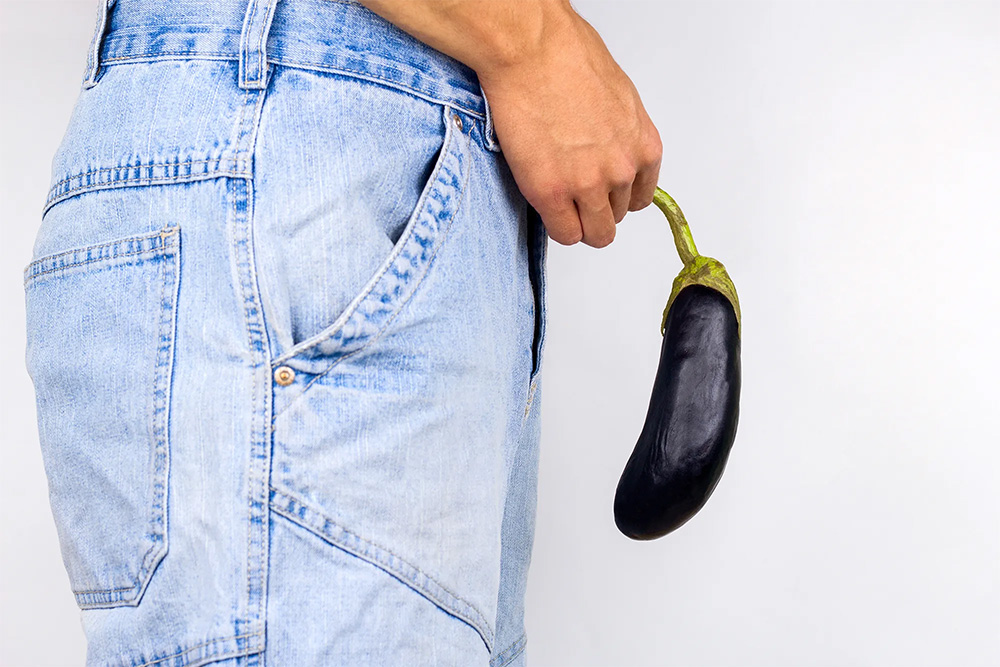
Weight Loss
Weight Loss
Understanding Abdominal Fat: Causes, Health Risks, and Lifestyle Management Strategies

Real advice for better health, stronger living, and everything in between.

Learn the 7 stages of male pattern hair loss using the Norwood Scale. Understand early signs, causes, and progression to better assess hair thinning.
Expert tips on men's health issues like erectile dysfunction, hair growth, weight loss, and more. Subscribe now to learn more.
Phoenix is not a pharmacy or drug manufacturer.
Prescription products require an online consultation with a licensed healthcare practitioner who will determine if a prescription is appropriate.


© 2026 Phoenix Digital Health Inc.
Privacy Policy • Terms of Use


